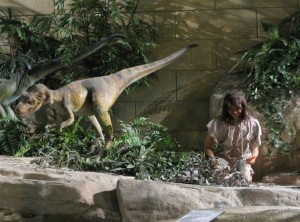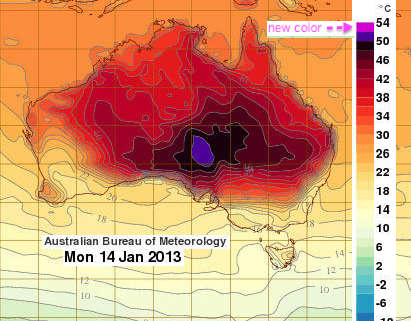By Peter Bokulich

The New Yorker has a great piece about Dr. Mehmet Oz
Here are some of the important bits:
“I’m usually earnestly honest and modest about what I think we’ve accomplished,” Oz told me when we discussed his choice of guests. “If I don’t have Mercola on my show, I have thrown away the biggest opportunity that I have been given.”
I had no idea what he meant. How was it Oz’s “biggest opportunity” to introduce a guest who explicitly rejects the tenets of science? “The fact that I am a professor—one of the youngest professors ever—at Columbia, and that I earned my stripes writing hundreds of papers in peer-reviewed journals,” Oz began. “I know the system. I’ve been on those panels. I’m one of those guys who could talk about Mercola and not lose everybody. And so if I don’t talk to him I have abdicated my responsibility, because the currency that I deal in is trust, and it is trust that has been given to me by Oprah and by Columbia University, and by an audience that has watched over six hundred shows.”
I was still puzzled. “Either data works or it doesn’t,” I said. “Science is supposed to answer, or at least address, those questions. Surely you don’t think that all information is created equal?”
Oz sighed. “Medicine is a very religious experience,” he said. “I have my religion and you have yours. It becomes difficult for us to agree on what we think works, since so much of it is in the eye of the beholder. Data is rarely clean.” All facts come with a point of view. But his spin on it—that one can simply choose those which make sense, rather than data that happen to be true—was chilling. “You find the arguments that support your data,” he said, “and it’s my fact versus your fact.”
So, is it all relative?
Check out Oz’s Homeopathy Starter Kit. He says his family has “been using homeopathy for three generations.”
By Peter Bokulich

Young Earth creationist (and founder of Answers in Genesis and the Creation Museum) argues that there is an important distinction between "historical science" and "operational (observational) science."
Operational science is indeed observable, testable, falsifiable, and so on—but none of those words describes evolutionary ideas! While biblical creation may not be provable through tests and observation, neither is molecules-to-man evolution (or astronomical evolution).
(source)
Note too that Hamm challenges Zack Kopplin to a debate.
By Peter Bokulich
Here's what disagreement looks like:

(source)
By Peter Bokulich
Mark Lynas used to think that companies producing GMOs (genetically modified organisms) were like the big tobacco companies: they were concerned only with profits and were happy to push dangerous products onto an unsuspecting public.
Now (according to this apology) he thinks that the anti-GMO movement is based on science denialism -- akin to the denial of climate change.
So which is it? Are the biotech companies the deniers? Or are the environmentalists?
By Peter Bokulich

It's summer in Australia. And things are getting hot. So hot, in fact, that they had to add a new color to the temperature map.
(Link)
The bright purple there is for temps from 50° to 54° C. That's hot. 54° is almost 130° Fahrenheit. That's really hot.
How hot?
Too hot to pump gas.
Too hot to use your iPhone.
But maybe not quite hot enough to fry an egg on the sidewalk.
By Peter Bokulich
An interesting case of a scientific anomaly.
A few points to note:
1. There was not an attempt to "hide" the anomaly in hopes of "protecting" the paradigm. Instead the anomaly drew attention and interest. We should keep this in mind when we hear a denialist (e.g., a creationist or climate-change denier) claiming that scientists are suppressing or ignoring evidence that disproves their favorite scientific theory.
Scientists generally get excited by disconfirming evidence; they don't try to hide it.
2. The falsifying evidence was not accepted at face value. Even though the experiment seemed to be carefully performed (and its results probably would have been accepted if they hadn't been so unexpected), most scientists expected that it was mistaken. It was an extraordinary claim, and scientists insisted on extraordinary evidence before they would accept it.
The scientists were not naive falsificationists. When evidence disproved their theory, they didn't throw it out. They looked for, and found, a way to throw out the evidence.
(Some links.)



